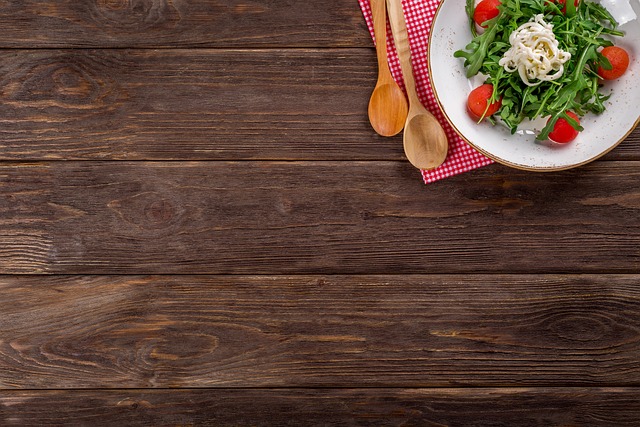Maintaining Proper Diet for Pet Birds
Maintaining a proper diet for your pet bird is crucial for its overall health and well-being. A balanced diet can help prevent nutritional deficiencies, promote healthy growth, and even reduce the risk of certain health problems. In this article, we will discuss the importance of providing a nutritious diet for your pet bird, as well as some tips on how to create a balanced and varied meal plan.
One of the most important things to consider when it comes to feeding your pet bird is its nutritional needs. Different species of birds have different dietary requirements, so it’s essential to research the specific needs of your bird species. For example, parrots require a high-protein diet with plenty of fruits and vegetables, while finches and canaries need a more limited diet with less protein.
In addition to considering your bird’s nutritional needs, you should also think about its age and lifestyle. Juvenile birds have different dietary requirements than adult birds, and pets that are kept indoors may require a different diet than those kept outdoors. For example, young parrots require a diet rich in calcium and phosphorus to support bone growth, while older birds may benefit from a more limited diet with fewer calories.
Another important consideration when it comes to feeding your pet bird is the quality of its food. Many commercial bird foods are high in fillers and low-quality ingredients, which can do more harm than good for your bird’s health. Instead, consider using fresh fruits and vegetables as part of your bird’s diet. These can provide essential vitamins and minerals that may be lacking in commercial bird foods.
In order to create a balanced and varied meal plan for your pet bird, you’ll need to consider the following key points:
* Provide a mix of protein sources such as nuts, seeds, and fresh meat
* Include a variety of fruits and vegetables to provide essential vitamins and minerals
* Use healthy fats like olive oil or coconut oil as needed
* Limit treats and snacks to avoid overfeeding
* Consider your bird’s individual needs and adjust the diet accordingly
Here are some specific steps you can take to create a balanced meal plan for your pet bird:
1. Research the specific dietary needs of your bird species
2. Consult with a veterinarian or avian nutritionist to determine the best diet for your bird
3. Start with a basic staple food such as a high-quality commercial bird seed mix
4. Add fresh fruits and vegetables to provide essential vitamins and minerals
5. Use healthy fats like olive oil or coconut oil as needed
By following these steps and considering the key points outlined above, you can create a balanced and varied meal plan that meets your pet bird’s nutritional needs.
In conclusion, maintaining proper diet for your pet bird is crucial for its overall health and well-being. By considering the specific dietary needs of your bird species, providing a mix of protein sources, fruits, and vegetables, and limiting treats and snacks, you can create a balanced and varied meal plan that promotes healthy growth and reduces the risk of certain health problems.
Some final tips to keep in mind when it comes to feeding your pet bird include:
* Provide fresh water at all times
* Rotate food sources regularly to prevent boredom and ensure a varied diet
* Avoid giving human foods or treats as they can be toxic to birds
* Consider consulting with a veterinarian or avian nutritionist for personalized advice
By following these tips and creating a balanced meal plan that meets your pet bird’s nutritional needs, you can help ensure a long and healthy life for your feathered friend.
Tags: maintaining proper diet for pet birds, pet bird nutrition, avian nutrition, bird diets,

